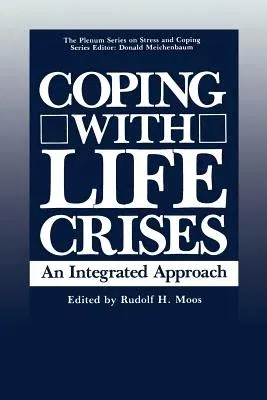Coping with Life Crises: An Integrated Approach (Softcover Reprint of the Original 1st 1986)Paperback - Softcover Reprint of the Original 1st 1986, 28 February 1986

Qty
1
Turbo
Ships in 2 - 3 days
In Stock
Free Delivery
Cash on Delivery
15 Days
Free Returns
Secure Checkout
Part of Series
Springer Stress and Coping
Part of Series
Approaches to Information Technology
Part of Series
Springer Series on Stress and Coping
Print Length
424 pages
Language
English
Publisher
Springer
Date Published
28 Feb 1986
ISBN-10
0306421445
ISBN-13
9780306421440
Description
Product Details
Book Edition:
Softcover Reprint of the Original 1st 1986
Book Format:
Paperback
Country of Origin:
US
Date Published:
28 February 1986
Dimensions:
22.86 x
15.24 x
2.31 cm
ISBN-10:
0306421445
ISBN-13:
9780306421440
Language:
English
Location:
New York, NY
Pages:
424
Publisher:
Series:
Weight:
594.21 gm

